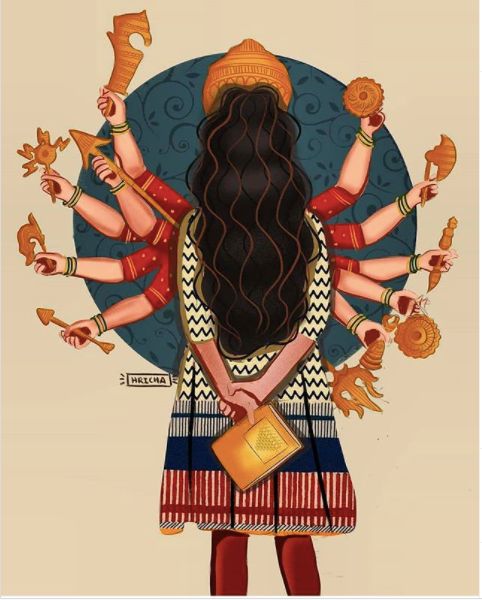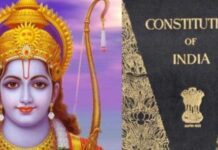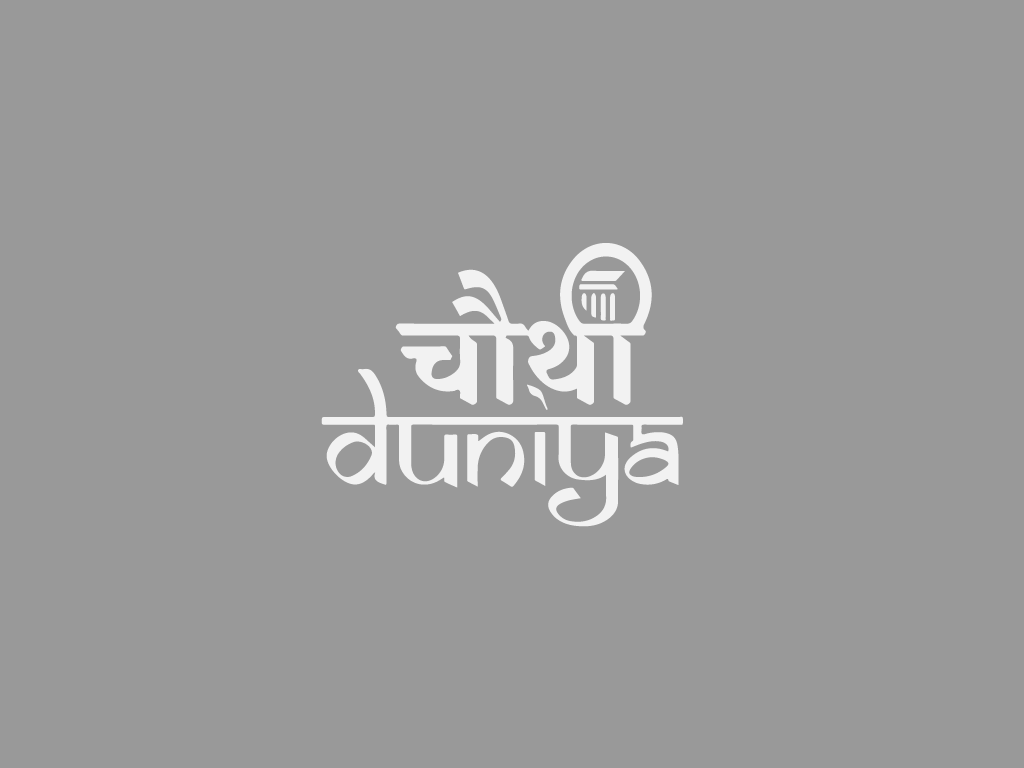At a time when the world is divided over trivial issues ~~ an Indian British author, world peace advocate and thought leader, comes across as a ray of hope for many. With his writings focused on the upliftment of women and the emancipation of women in particular, he is of the opinion that empowerment of women is at the root of teaching.
“Educate the mothers and you will have an educated nation,” said Shaheen Chishti. “I don’t see this as a particularly profound insight, it is more common sense. Educated women believe in educating their children. Educated children receive greater opportunities, which translates into jobs. This, in turn enhances the economic development of a nation.” Shaheen Chisti is also a member of the London Literary Society and of the Muslim-Jewish Forum in London apart from being the founder of the Jewish Islamic International Peace Society. As a chartered accountant working in London, Chishti is a man of numbers but it is through words that he is reaching out to communities to support him in his campaign to empower women.
“I want people to read my novels and understand that educated women are not a threat but an asset,” he said firmly. “In the West, a nuclear family nowadays is generally made up of two breadwinners. In the East, you have only one and a lot of mouths to feed. Lack of education and poverty are inextricably linked. Having only half a society educated is like having a clock with only one fully functioning clock hand. It doesn’t work.”
Chishti, 50, is deeply rooted towards the education of women. “It is something I am truly passionate about and I will not rest until uptake of university places is equally split between men and women. Once women have qualifications, they can choose their career path. If they choose not to have a career but to remain at home instead, that is their decision; it should not be forced upon them by society”. Through his writings, Chishti focuses on the emancipation of women for the enhancement of economic development.
His most recent work, The Granddaughter Project, is a novel about two generations of women and the grief and misery they experience at the hands of men. All the women in the novel are strong characters yet due to lack of education and opportunities, they are rendered helpless. “I do not write gentle books. I want people to read my words and flinch. It is the underbelly of life,” he says but his writings actually reflect “what goes on behind the curtains once the front door is firmly shut”. The Granddaughter Project starts out in the early 19th Century and follows through to the present. While it shows the issues facing women as changing through the course of the century, the common theme is the power men still hold in steering women’s lives. Chishti intends to write a number of novels following the lives of women. He believes there is a lot to say on this subject and many areas to explore. “An educated and economically developed society is much more likely to be a peaceful society.
The reason the world is like it is right now is because people do not understand one another. It is the role of both parents to educate their children,” he added. Chishti’s long-term goal through his writing is to create an educational fund to enable women to attend university. “I am prepared to start small, changing the lives of a handful of women but I am thinking big. Education begets education and the more educated women there are within the community, the more opportunity for others will grow. And, as I said before, it all boils down to numbers, the more society comes to recognise the benefit of educating men and women, the greater the economic rewards. Peace and empowerment, these are what lie at the heart of teaching and I as a writer, a citizen of the world and a Muslim, am endeavouring to achieve both,” said the humble man.
Shaheen Chishti is among the best of the contemporary writers what is striking though is the conviction with which he narrates what he firmly believes in and this, writing on the values that defines one’s perspective on his life and the lives of those around him rather than following the popular culture is what the readers will look for in a totally altered future that is dreaded by us all.
God bless Indian and US press for such a wonderful article on a servant like me.














